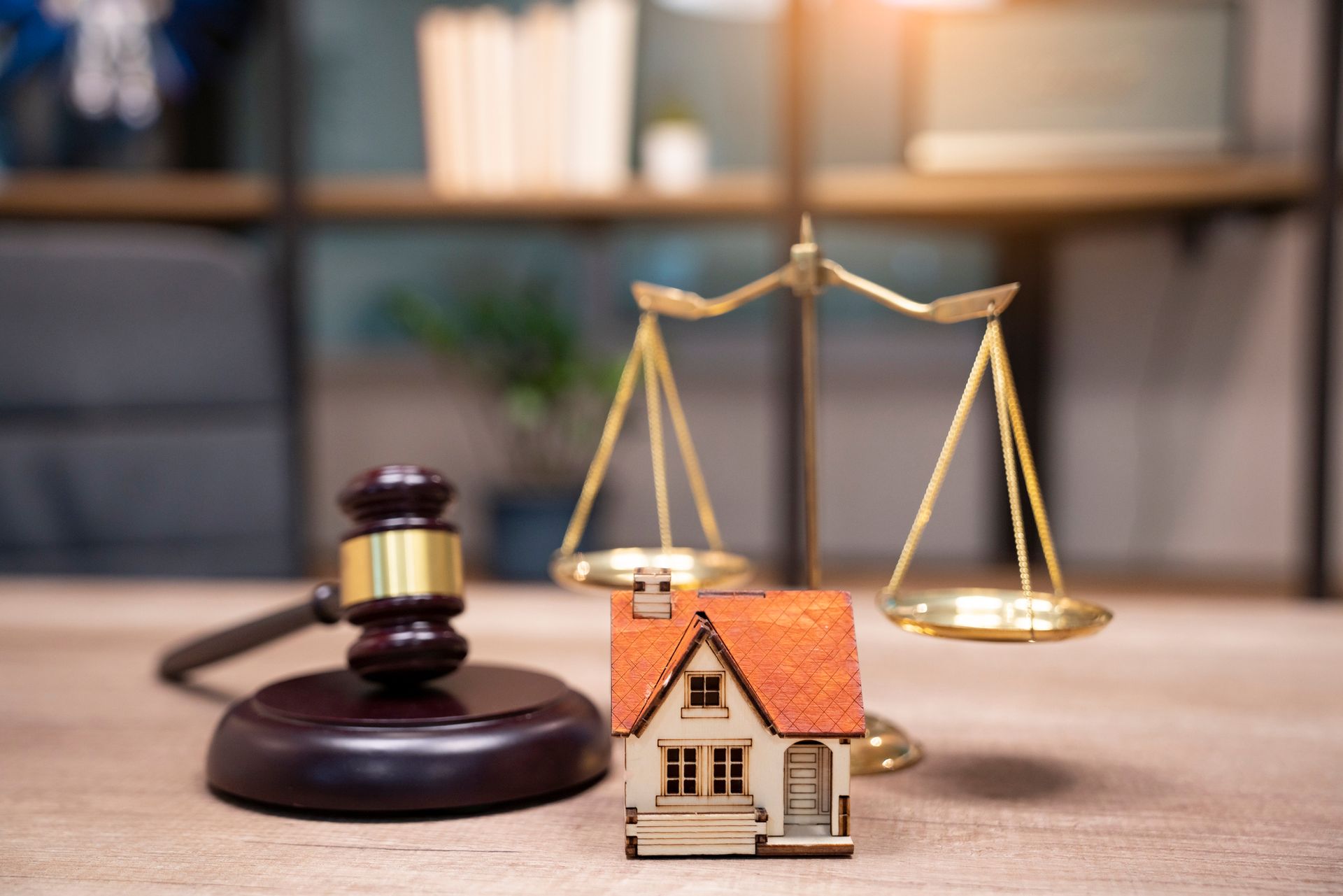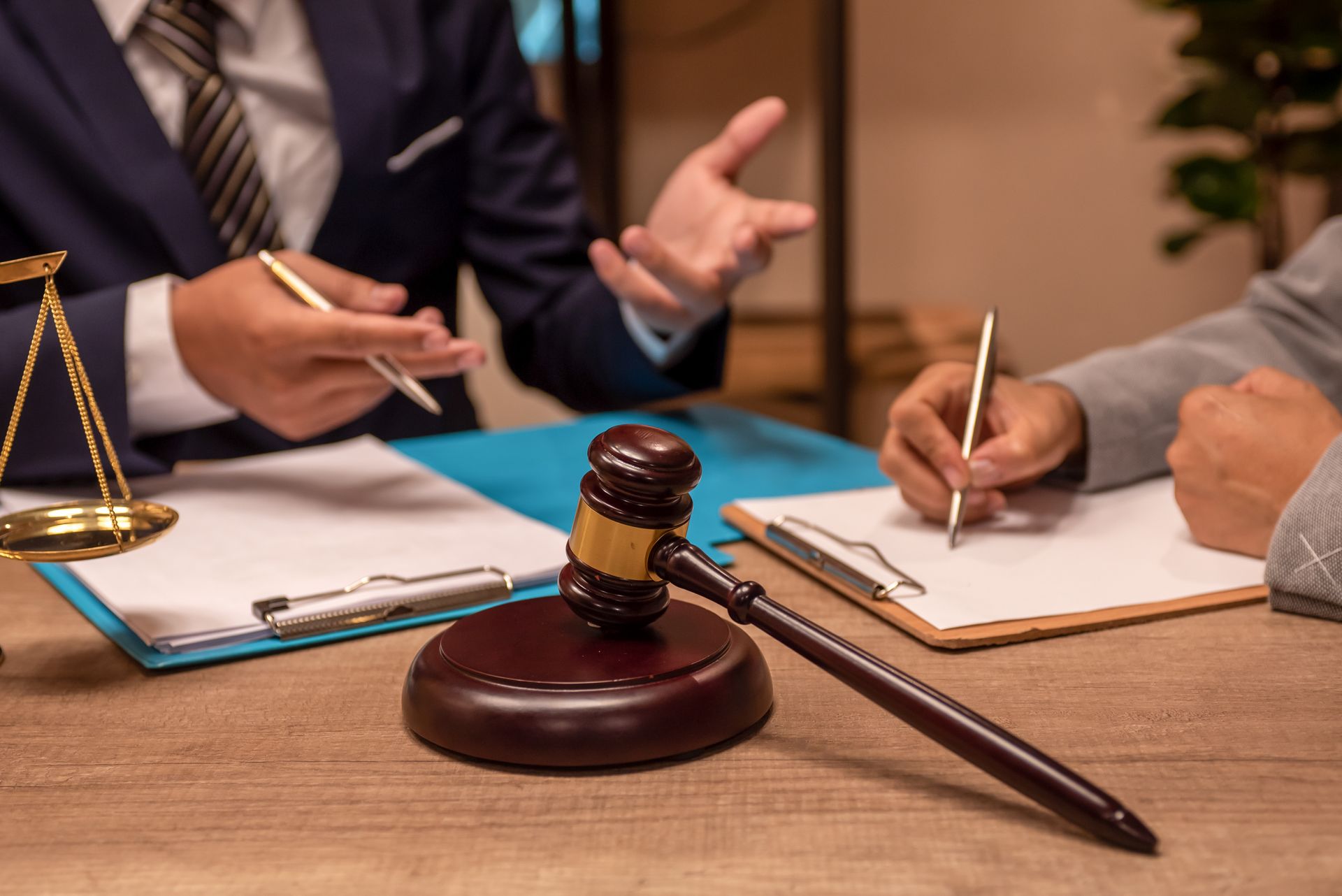Is it Possible to Leave an HOA?

A homeowner's association (HOA) is an organization intended to hold a specific neighborhood of homes to a certain standard of care. HOAs will collect fees from homes in their designated neighborhood to fund things like road upkeep and community spaces. Members of HOAs often have access to shared common areas within the community, like a community fitness center, pool, garden, playground, or clubhouse. While HOAs can help keep property values stable and offer a sense of community, there are some downsides to belonging to an HOA.
It can be expensive to belong to an HOA, with monthly fees for membership. HOAs also impose many restrictions and rules on residents that can impact the appearance of their homes and how they may utilize their property. If you cannot pay your HOA dues on time, you can also risk eviction or foreclosure.
So, what happens if you decide to leave your HOA?
While it is possible to leave an HOA, it can be challenging to do so. Veitengruber Law is a real estate attorney in NJ. We understand the laws and regulations surrounding HOAs. Here is our expert advice on leaving your HOA:
1. Reduce Your Fees
If your main reason for leaving the HOA is the cost of membership, but you otherwise enjoy the benefits of belonging to your HOA, then negotiating your HOA fees may be the best path. You can offer to stop using certain HOA-offered services (like snow removal or the community gym) in exchange for lower monthly fees. Your HOA fees should go towards maintaining community standards and conveniences. If you do not feel that the high fees are worth the benefits provided, approach your board about lowering fees. Regardless of the outcome, do not stop paying your HOA fees just because you want to opt-out. Unpaid fees can damage your credit score or even lead to eviction.
2. Utilize Your De-Annexation Clause
Look to the covenants, conditions, and restrictions (CC&Rs) you signed when you purchased a home with an HOA. If a de-annexation clause is included, you may be able to leave your HOA if you meet specific requirements. You can petition for the home to be removed from the HOA through this clause. However, this typically requires legal action and an attorney's help.
3. Wait for Membership Expiration
Some HOAs will have periodic membership renewals. It may be possible that you could leave the HOA by simply not renewing your membership when the time comes.
4. Grandfather Out
If there was no HOA in your neighborhood when you purchased your home, you may not be obligated to join a new HOA. You should carefully review your homeowner documents to ensure you never agreed to join any future HOAs in your neighborhood. If you never agreed to join a future HOA, you may be able to fight pressure to join a new HOA with legal help.
5. Organize to Dissolve the HOA
Check the bylaws of your HOA. Often, the bylaws will include stipulations about what percentage of the HOA members are needed to dissolve the HOA. In most cases, this is 80%. If you think that many of your fellow HOA members are also dissatisfied with the HOA, you could campaign to hold a vote on dissolving the HOA.
6. Relocate
It is very difficult to leave an HOA. In many cases, members must sell their homes and move to opt out of the HOA.
Leaving your HOA is challenging and will likely require you to take legal action if you want to fight to keep your property. Veitengruber Law is a full-service real estate attorney in New Jersey. We can work with you to help you leave your HOA while keeping your home. Reach out to us today for a consultation!










